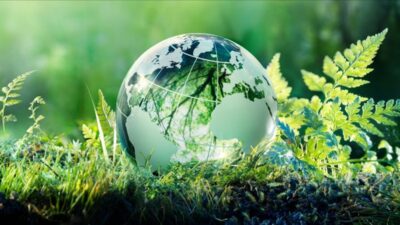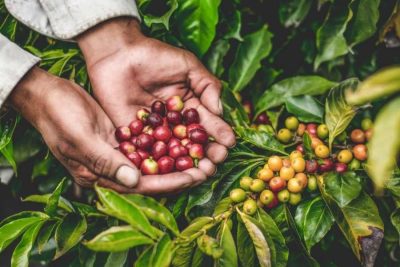Siklus
Siklus deliver refills of everyday consumer products to your door – without plastic packaging. Customers can simply order on our mobile app or WhatsApp and schedule a refill. A bike – retrofitted with a refill station – comes to their doorstep where they can use their own containers to refill everyday necessities like soap, shampoo, detergent, cooking oil and more at a lower cost. We are on average 20% cheaper and our product allows customers to save on everyday necessities while drastically reducing plastic waste, all in a convenient, to-door solution. As such, we create a more efficient and sustainable distribution network for refillable Fast-Moving Consumer Goods (FMCGs) products.

Siklus’ refill solution could become the most effective way to help reduce plastic waste at the source. Delivering in refills also increases the purchasing power of low-income customers as it meets low-income and middle-income household needs who previously had to rely on sachets and other small quantities of product in plastic packaging to save money. We offer a 10%-20% saving to our customers compared to sachets, which is very significant, given that these households on average earn between $70-350 monthly.
Our intended impact is to scale up and be able to reach over a million Indonesian customers by 2023, saving over 62 million sachets from polluting the ocean and saving our customers over USD $1.6 million. The primary outcomes we intend to track are plastic saved from the ocean and savings to our customers from switching to our products. Even if we grow at 20%, which is less than half of our current growth numbers, we would reach around 1.8 million customers by 2025. Our customers, as our direct beneficiaries, would save a combined USD $3 million. According to the same growth rates, we would save 77.5 million plastic sachets by 2025. Hence, the impact of affordable refillable solutions is huge, having the potential to change the game of retail and sustainability globally.
Nevertheless, Siklus also has unintended outcomes that include health benefits since much of Indonesia’s pollution comes from the burning of plastic waste and there are not many feasible options to get rid of plastic pollution. Only 45% of waste in Indonesia gets collected, thus anything to reduce pollution levels will have a significant impact on public health.
Siklus is one of the four winners of the Ending Plastic Pollution Innovation Challenge (EPPIC) 2021. Find out more at http://plasticchallenge.undp.org.vn/solutions/siklus/














